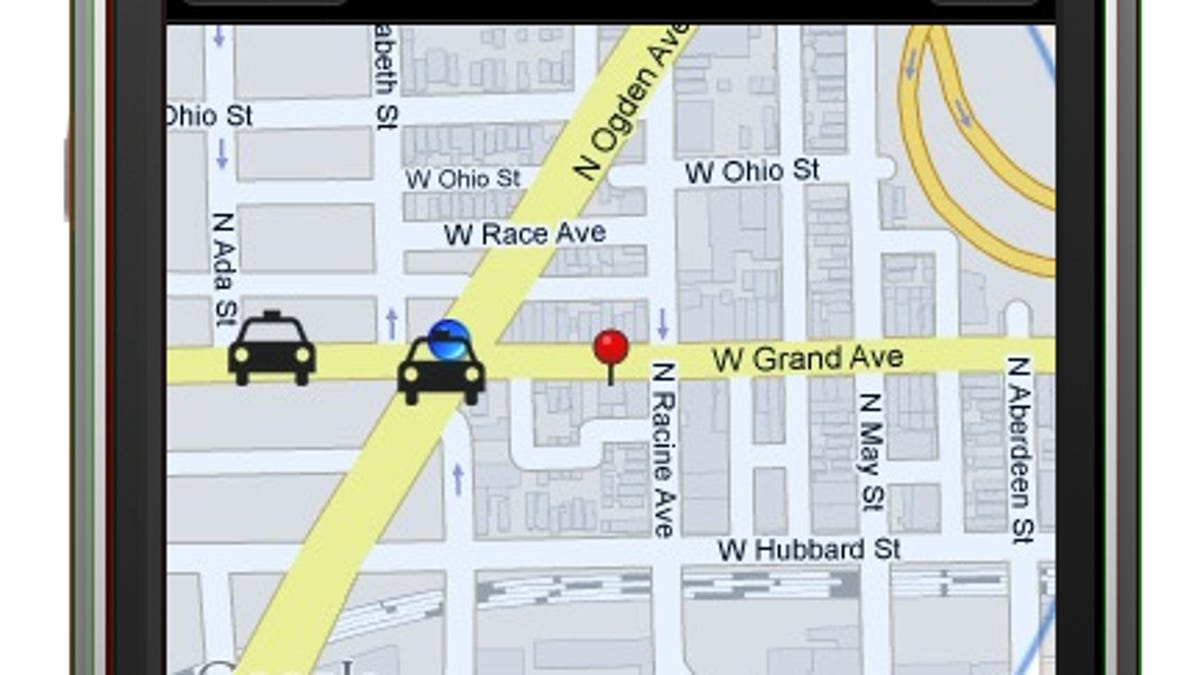Uber fights proposed D.C. taxi commission fare increase
Amendment would handicap sedan services by requiring them to charge customers at least five times what taxicabs charge, the Internet-based car service says.

In a brewing D.C. cab war, Internet-based Uber feels the city is trying to drive it out of town.
Uber, a quickly-growing startup that lets people request private car service in select cities via their smartphones, is once again battling the D.C. Taxicab Commission, which is reportedly considering legislation that would require sedan car services like Uber to charge at least five times the minimum fare charged by cabs, according to a copy of the amendment Uber posted.
"Sedans would be required to charge a minimum fare of five times the drop rate for taxicabs.[And] sedans would be required to charge time and distance rates that are greater as those for taxicabs."
The goal of the higher rates, according to the bill, is to "ensure that sedan service is a premium class of service with a substantially higher cost that does not directly compete with or undercut taxicab service."
Uber, which was accused by Taxi Commission Chariman Ron Linton in January of "operating illegally" in the city, said in a blog post that a legislative amendment scheduled for vote tomorrow will unfairly handicap the startup:
The council's intention is to prevent Uber from being a viable alternative to taxis by enacting a price floor to set Uber's minimum fare at today's rates and no less than five times a taxi's minimum fare. Consequently they are handicapping a reliable, high quality transportation alternative so that Uber cannot offer a high quality service at the best possible price. It was hard for us to believe that an elected body would choose to keep prices of a transportation service artificially high -- but the goal is essentially to protect a taxi industry that has significant experience in influencing local politicians. They want to make sure there is no viable alternative to a taxi in Washington, D.C., and so on Tuesday (tomorrow!), the DC City Council is going to formalize that principle into law.
In an effort to get the minimum fare language removed from the amendment, Uber has launched an effort among customers to express their displeasure with city council members, publishing a full list of their names, phone numbers, and e-mail addresses.
CNET has contacted the Taxi Commission for comment and will update this report when we lean more.
The San Francisco-based startup lets customers in cities where its service is available request a car from their iPhone or Android-based smartphone. Those using other platforms can send an SMS to Uber to request a car. From there, a driver who is part of Uber's network picks the person up in a luxury car. All payments are automatically charged to a credit card.

